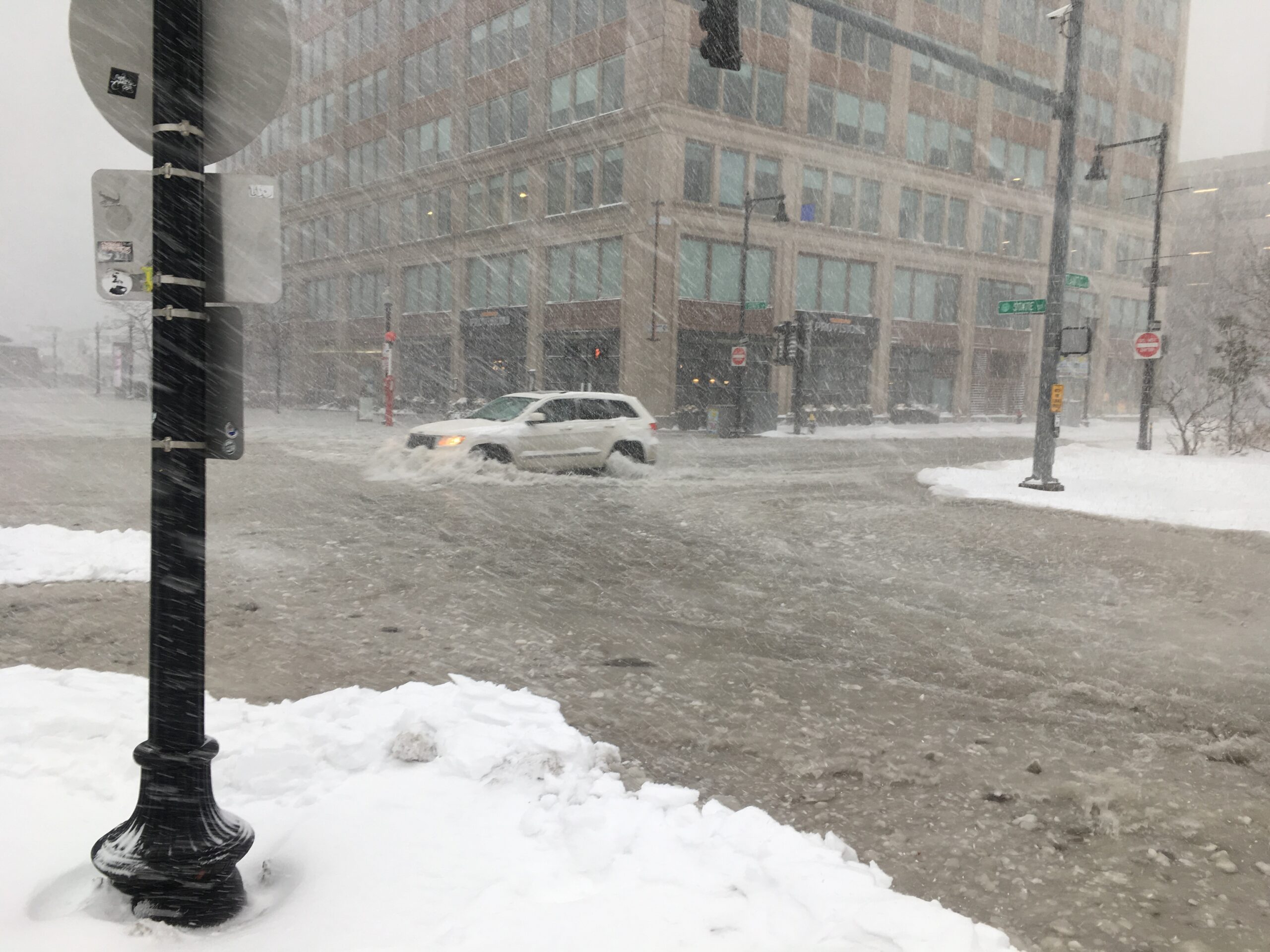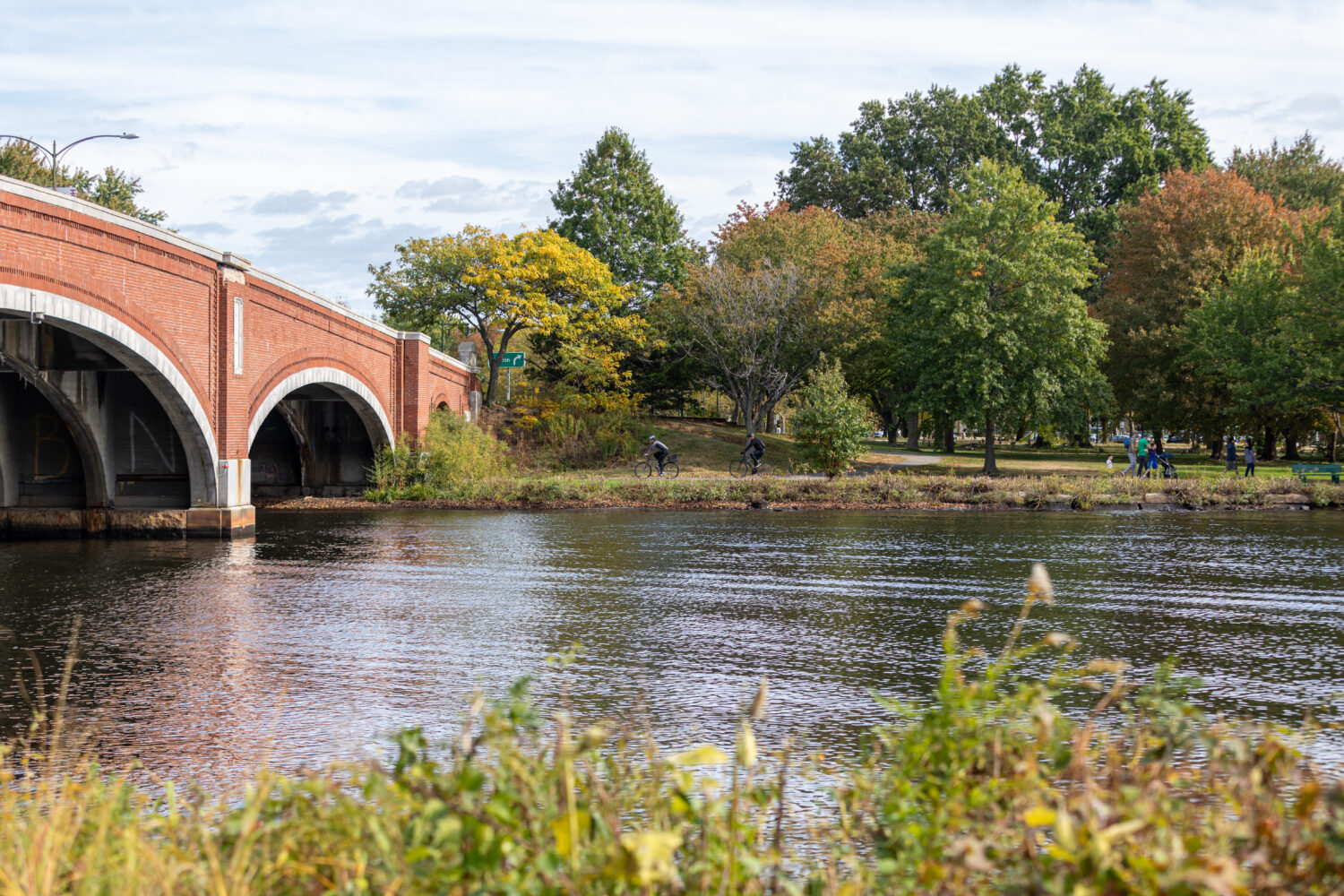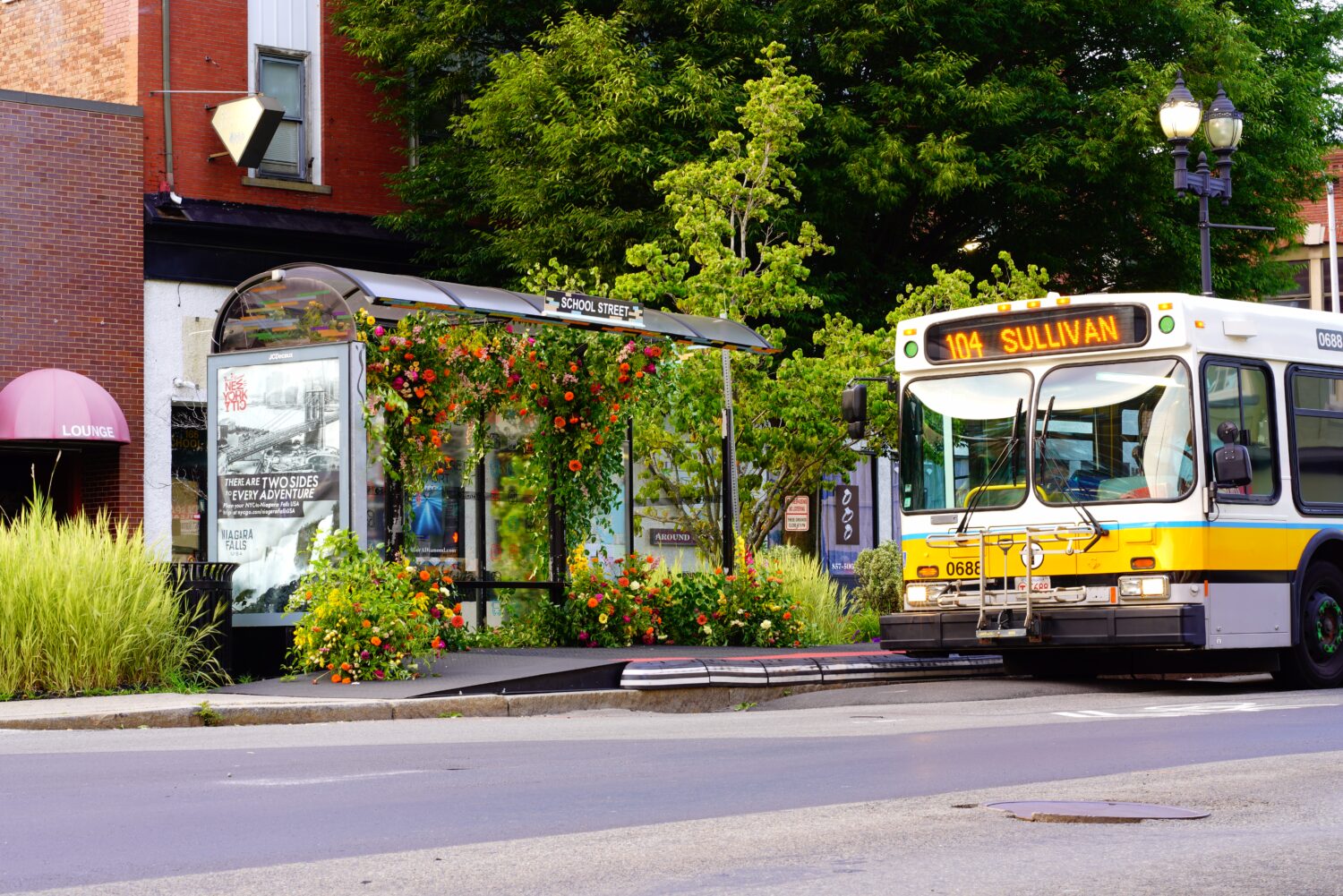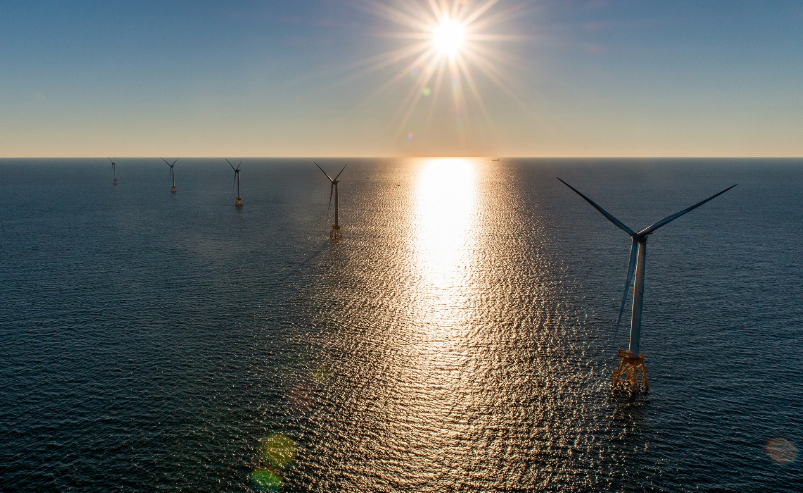Boston and Massachusetts have climate goals that are among the most ambitious in the United States, yet climate change is a global challenge, with some impacts already evident and likely to worsen. These include sea level rise and far more severe weather than usual – such as our extreme drought in 2016, the record snowfall of over 108 inches in 2015, or the extreme and unprecedented flooding during the January 4Nor’easter.
The City of Boston’s climate ready initiative has identified how these changes can be expected to manifest in the city. By 2050, the city projects average summer temperatures in Boston to be as sweltering as they are in present-day Washington, DC. Meanwhile, Boston Harbor is projected to add eight inches of water by 2030 and as much as 1.5 feet by 2050.
To its credit, the City of Boston is working diligently to translate the climate ready data into useful actions, with projects underway in particularly vulnerable neighborhoods such as East Boston and Charlestown. However, there are ample opportunities to do more to make Boston climate resilient, and for the city to serve as a model for other cities facing similar challenges.
Progress will depend on continued leadership from across the Commonwealth, from city and town halls as well as business and nonprofit board rooms, and from engaged residents. Recognizing this urgent need and opportunity, the Barr Foundation last month announced the addition of climate resilience as a third focus area of its seven-year-old climate program, and the Foundation intends to commit $5 million of new grantmaking to this work in 2018. Our new focus will include three strategies: building greater awareness of climate impact risks and resilience strategies; mobilizing key constituencies to advance and implement effective policies and regulations; and supporting demonstration projects that will transform Boston into a model of urban resilience and point the way for other municipalities.
Following Hurricane Sandy five years ago, we heard frequently how Boston got lucky. Had that storm hit just five hours sooner, it would have devastated the city and other coastal communities. But luck is not a strategy. As the January 4 flooding made abundantly clear, we must act now, investing in well-researched, innovative, and sharply-focused efforts to protect our region from flood risks, extreme weather, and other climate impacts.
These impacts aren’t merely future possibilities generated by climate models. They are already evident and demand urgent action and tangible steps to ensure our region is prepared 365 days of the year.
This article was originally published in the Opinion section of CommonWealth Magazine on January 13, 2018.




